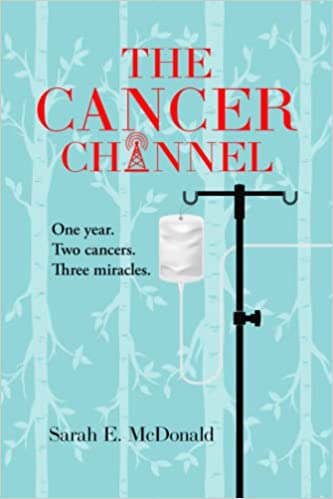
BY MIKE MAGEE
Should anyone present know of any reason that this couple should not be joined in holy matrimony, speak now or forever hold your peace.” Book of Common Prayer, Church of England, 1549
Last evening Trump rose from the ashes and declared it was time to “Make America Great and Glorious Again” (MAGAGA).
This past week, five days after the Midterm elections, AMA President, Jack Resnick, Jr., MD, raised his voice from the podium at the AMA Interim Meeting in Hawaii with the AMA’s own version of a call to action:
“But make no mistake, when politicians insert themselves in our exam rooms to interfere with the patient-physician relationship, when they politicize deeply personal health decisions, or criminalize evidence-based care, we will not back down…I never imagined colleagues would find themselves tracking down hospital attorneys before performing urgent abortions, when minutes count … asking if a 30% chance of maternal death, or impending renal failure, meet the criteria for the state’s exemptions … or whether they must wait a while longer, until their pregnant patient gets even sicker…Enough is enough. We cannot allow physicians or our patients to become pawns in these lies.”
Continue reading…














